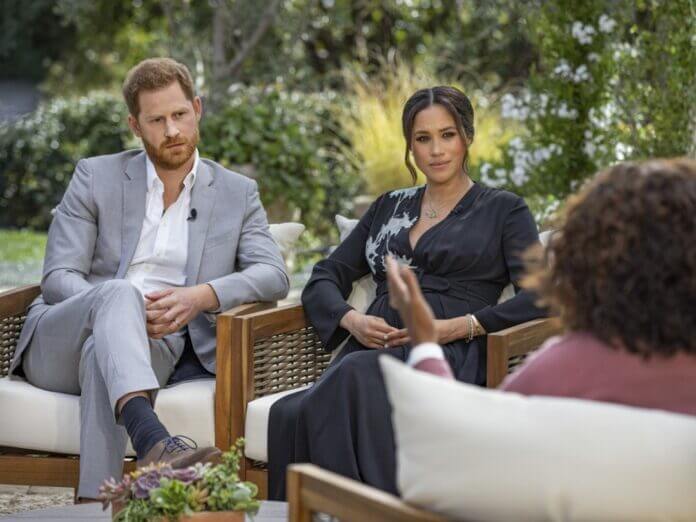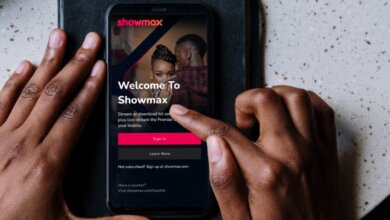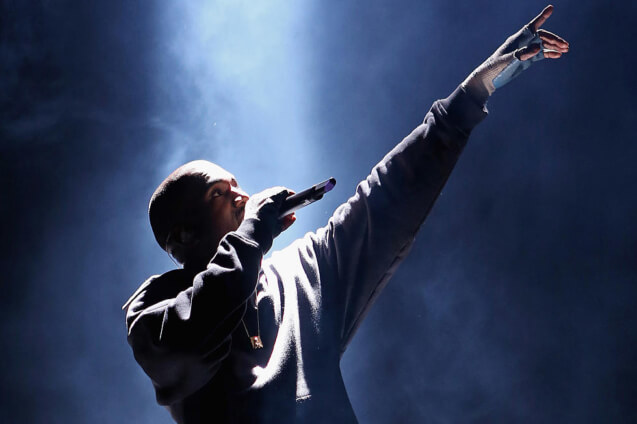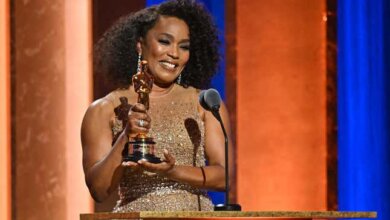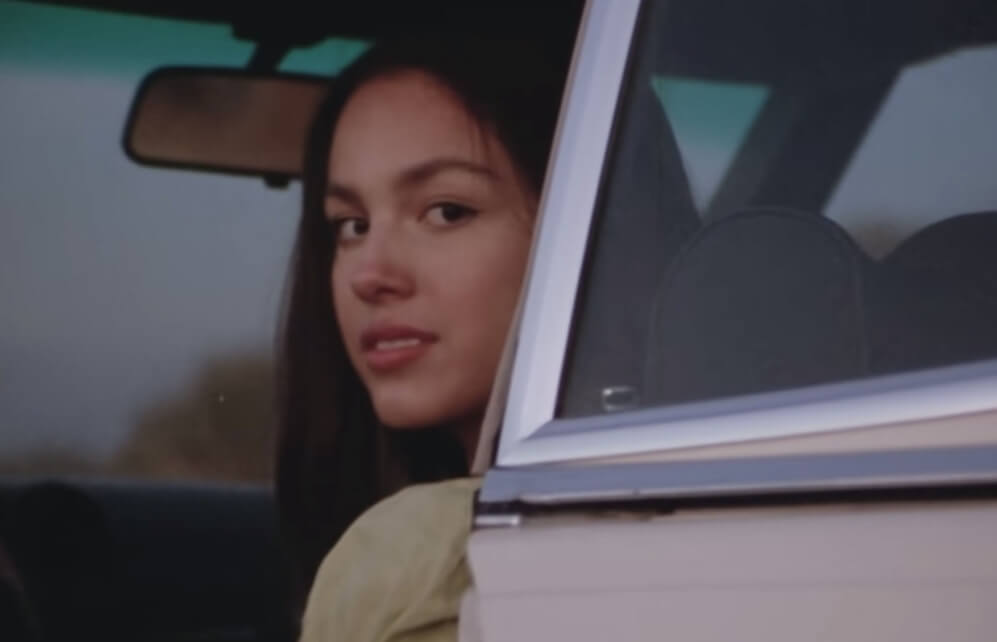Beyoncé’s producer Sharifah Issaka speaks on importance of African talent and representation in ‘Black Is King’
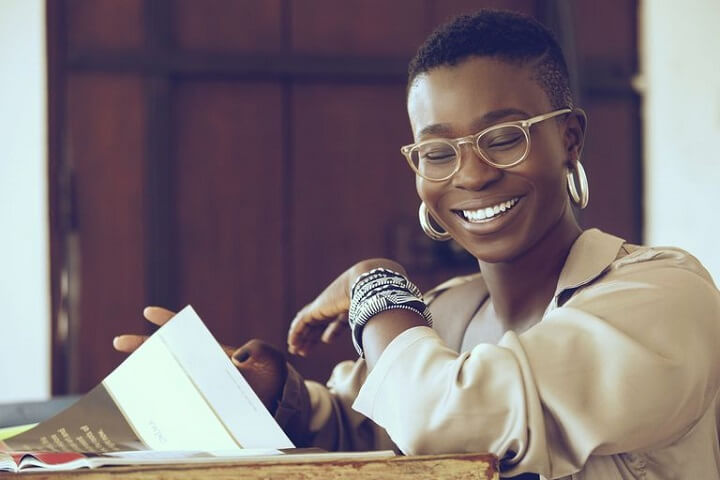
Beyoncé’s producer Sharifah Issaka speaks on importance of African talent and representation in ‘Black Is King’
On Friday, July 31, Beyoncé did it again.
She broke the internet, dominated the conversation and drew the attention of the world by releasing a project so unique and groundbreaking that its only competitor, really, was her previous body of work.
There’s a lot to celebrate in her latest offering, feature film Black Is King. There’s the music (the film serves as a visual accompaniment to last year’s album The Gift), the fashion – Beyoncé wears everything from custom Valentino to African designers like the Ivory Coast’s Loza Maleombho, the beauty looks featuring exquisite braids, and the cameos: Naomi Campbell, Lupita Nyong’o, Adut Akech and Beyoncé’s own family, her daughters Blue and Rumi, husband Jay-Z and mother Tina Knowles.
But overall, the key themes are representation and Black excellence. The Gift, which coincided with the 2019 remake of The Lion King where Beyoncé voiced the part of Nala, paid homage to Africa and features artists from the continent including Nigeria’s Burna Boy, South Africa’s Busiswa and Ghana’s Shatta Wale.
Filmed over the course of a year, the ‘labour of love’ project (as described by Beyoncé) was shot in various locations from New York to London for the modern day human retelling of The Lion King but also returned to Africa, shooting in Ghana, Nigeria and South Africa.
Featured at several points over the film, Ghana was the primary location for the rousing and expertly choreographed ‘Already’ music video section of the film – which features the country’s native Shatta Wale.
Among the many, many names on the credits, the producer responsible for the Ghana part of the film is Sharifah Issaka, an Accra-based and native Ghanian producer who co-ordinated the logistics and worked with the talent to bring to life Beyonce’s vision.
Following the release of Black Is King, ELLE UK spoke to Issaka about her experience of working with the star on a top-secret project and what it means to her as an African creative to have Ghana represented in such a positive, electrifying and beautiful way on a global stage…
How were you approached by Beyoncè’s team to work on Black Is King?
Kwasi Fordjour, Beyonce’s creative director and co-director for the movie is Ghanaian-American (and a creative genius) and it was through him that we got involved. He tapped fellow Ghanaian-American filmmaker and photographer Joshua Kissi – who I had worked with before – to direct the scenes in Ghana and he made sure that the cast and crew, for our contributions at least, were very Ghanaian.
He WhatsApped me, “Are you busy with work these days?” The thing is when he contacts me I always make myself free because he always works on the coolest things and is the loveliest person, I’ll do anything for him so I replied, “I can be free, what’s up?”
He was like, “I can’t tell you yet…” and I was confused but said, “sure no problem.” Then when he told me what the project was, obviously, I was speechless.
I was so excited because even though we hadn’t done a single shot, I knew the impact that this would have for Ghana.
Are you a Beyoncé fan?
Of course! Destiny’s Child, The Writing On The Wall, totally! I’m a fan of her as a musician, but also of her work ethic. She is continuously raising the bar with every single project she does. I feel personally inspired by her to never settle, because she doesn’t, so why should I?
Just having the knowledge that there would be a project with Beyonce’s name on it and also mine… how is this happening?
What was the experience of filming in Ghana like?
It was an honour to be entrusted with executing Beyoncé’s vision. It was definitely top secret as Beyonce’s projects are generally quite closely guarded, and this was no exception.
The film is pan-African in its references, but also in terms of the production. In Ghana, we shot in the Eastern and Greater Accra Regions and consciously tried to include locations that are typically underrepresented in depictions of Ghana. One location that we made sure to include was Nima, the community that Shatta Wale calls home. He has so much love for the place and they love him right back. It was really special to be able to include that.
Productions, brands, creative agencies and editorial shoots happen in Ghana and countries across Africa all the time, but they don’t always include local talent. Often people bring in entirely foreign crews to do the work.
That happens for a number of reasons, but we’re here. I really believe that something like Black Is King – which showcases a variety of African talent in such a big way – is so important because it serves as a model for other brands that might be interested in creating content or engaging with the continent and encourages them to hire local talent.
I really really hope that’s what comes out of this, because it’s so necessary, not just for us to get these opportunities but for the work that’s being created to be authentic.
How was Ghana represented in Black Is King?
Many ways. When ‘Already’ was first released, its infectious beats sparked a dance challenge, with afrobeats dancers around the world submitting their own choreography to the song, including members of Accra-based dance school Dance With Purpose (DWP).
It went viral eventually and caught the attention of Beyoncé who reposted it to her Instagram Story. So, when it came to making the video her choreography team reached out to DWP to bring them on board—putting their talent on the world stage.
Although it heavily represented Ghana, the ‘Already’ video also included talent and style contributions from a number of places which was an intentional choice and a nod to the pan-Africanism of the project – there were Moroccan, African American and Ghanaian flags in the video.
Beyonce’s costume designer Zerina Akers and the entire wardrobe team did their thing throughout the film and then Ghanian stylist Nana Kwasi Wiafe provided additional styling here.
The Ghanian representation in the film, not just in the ‘Already’ video, is deep and so cool to see. As well as Fordjour and Kissi, there were more directors including Blitz Bazawule and Emmanuel Adjei and the cinematographer, David Boanuh. When the film came out, a friend of mine who is also a filmmaker said he had never seen anything like it before when watching the closing credits and seeing all these African names.
How intentional was it for Beyoncé to have African creatives involved with Black Is King?
Very intentional and much appreciated. I hope that people who watch Black Is King understand that it is not only a culturally important piece of cinema, but also a testament to the talent and capability of Black artists— who when given the chance, can create phenomenal work.
I think Beyoncé understands that these people are here. People take inspiration from Africa all the time, but hiring people and providing local people on the ground with opportunities is a whole other thing. Inspiration is not going to fill my bank account, show me the money.
One of the things I loved about being a part of this project is not only were they hiring Black creatives, but they were paying them well and that’s something that doesn’t always happen. If you want to come and work in Africa with African creatives, you should pay them the same rate that you would pay the foreign person you were planning to fly in. Otherwise, what you’re doing is just performative.
I think, generally, Beyoncé is very forward looking. She’s always thinking about how to personally evolve but also bring others up with her and I love that.
Beyoncé has a reputation for a strong work ethic, how evident was this on Black Is King?
Obviously the expectations that were placed upon us were on another level, but not in a way that felt oppressive, it was just an expectation of excellence and we delivered.
Honestly, for people who get the chance to work with Beyoncé, you know that you have to rise to the occasion because, it’s Beyoncé. Whatever level she is at, you better get yourself there. She’s not just a client, she’s an icon.
I just really feel like Black Is King has invigorated the creative community here in Ghana as far as what is possible for us. We can work with Beyoncé, what can’t we do?
How timely is Black Is King?
I’m in Ghana right now, but I did live in New York for two years which coincided with the start of the Black Lives Matter movement. It was so upsetting then to see the lack of interest from those outside of the affected community.
I hope that times have changed and it’s not just performative, but now the world is at least listening to what Black people have to say. This is the time to release something like Black Is King because this project is so Black on every level, from production to the talent to the fashion. It’s a celebration of Blackness.
When Beyoncé started this, she didn’t know what the world was going to be like in July, 2020. But, it didn’t matter, because she knew she wanted to talk about Blackness; she knew she wanted to to imbue a sense of pride in Black people and connect the Diaspora to the Motherland in a way that hadn’t been done before. It needed to be done and the timing is divine.
How do you feel now Black Is King has come out?
I was blown away. I knew what we did in Ghana, but I hadn’t seen any of the footage from elsewhere so I was just in awe because my name is attached to this.
It’s such a beautiful addition to my CV. It’s not just the fact that I got to work with Beyoncé, nor that I got to work on Black Is King, it’s the fact that I got to do both of those things here in Ghana. That’s what makes this perfect because everything I do is for Ghana.
Source: ELLE
Christopher Sam is a savvy web designer and developer with advanced knowledge in Search Engine Optimization. The certified Google Trainer is also a trusty contributor to this website.

